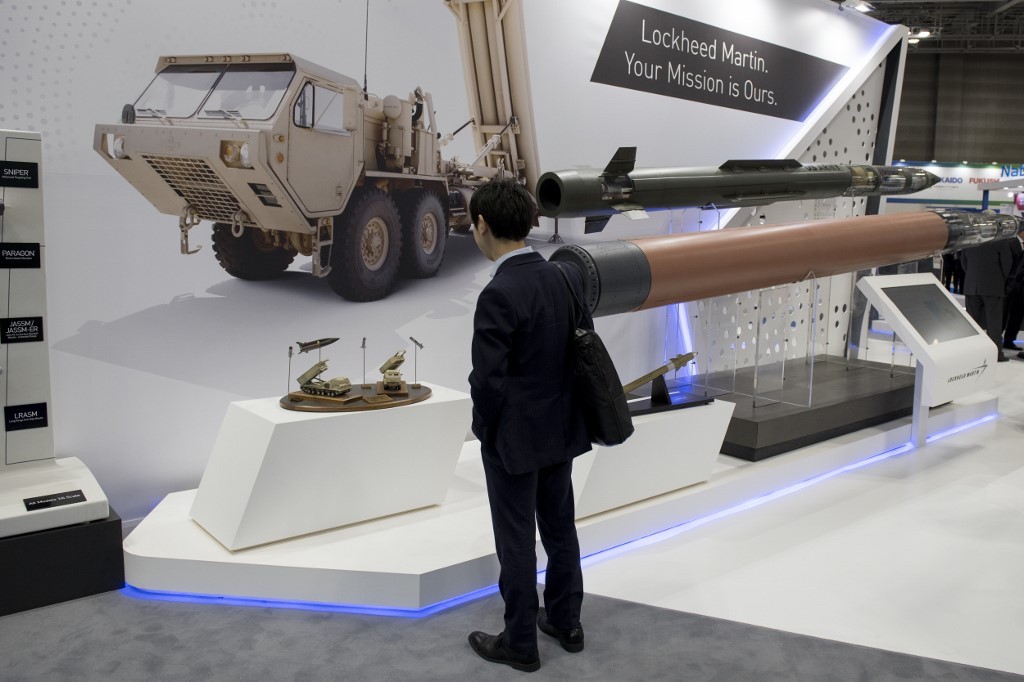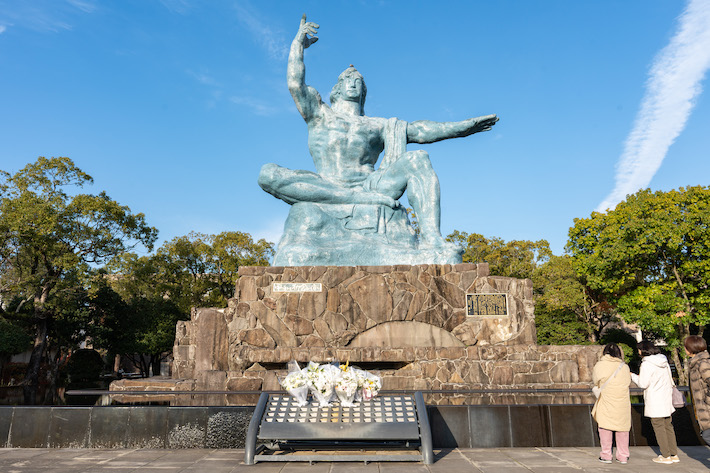With US President Donald Trump campaigning vigorously for re-election, partly on his strong stance against China – its fast-rising rival, there was always the likelihood that ties would be tested, perhaps severely, in the lead-up to the November 3 poll.
And that has proven to be the case in recent days, with the United States announcing multi-billion-dollar arms deals to Taiwan.
Last week Washington endorsed the sale of $1.8 billion worth of missiles and other items from Lockheed Martin, Boeing Defense company and Raytheon.
China fired back on Monday, saying it would impose sanctions on the US firms involved in arms sales to the democratic self-ruled island.
However, this news did little to prevent the State Department from announcing a second arms deal shortly after – a $2.4-billion sale of 100 Harpoon coastal defence systems to Taiwan. Beijing’s response was virtually disregarded.
The State Department put out a statement that said the proposed sale of the Harpoon systems “will help improve the security of the recipient and assist in maintaining political stability, military balance… and progress in the region.”
The deal involves 100 Harpoon Coastal Defense Systems (HCDS), which includes 400 RGM-84L-4 Harpoon Block II surface-launched missiles with a range of around 125 kilometres (78 miles), AFP reported.
The missiles, manufactured by Boeing, can be positioned on fixed platforms or mounted on trucks. (The Harpoon is an all-weather, over-the-horizon, anti-ship missile developed and manufactured by McDonnell Douglas, which is now a major division of Boeing Defense, Space & Security.)
The office of Taiwan’s President Tsai Ing-wen released a statement thanking the United States for the sale, saying it would “upgrade asymmetric warfare capabilities.”
Democratic and self-ruled, Taiwan lives under constant threat of invasion by its authoritarian neighbour, whose leaders view the island as part of their territory.
Beijing has ramped up diplomatic and military pressure on Taiwan since the 2016 election of President Tsai Ing-wen, who views the island as a de facto sovereign nation and not part of “One China”.
Beijing’s current leaders see Taiwan is an inviolable part of China that will be reclaimed, by force if necessary.
So, the status of Taiwan holds potential for conflict between the United States and China, during a wider struggle for technology, security and trade supremacy.
Companies ‘behaving badly’
Foreign ministry spokesman Zhao Lijian urged the US on Monday to stop arms sales to the island, which is self-governed but viewed by Beijing as its territory.
Zhao said the sanctions were “to safeguard national interests” and would apply to those who have “behaved badly in the process of arms sales to Taiwan”.
“We will continue to take necessary measures to safeguard national sovereignty and security interests,” said Zhao, without giving further details on the sanctions.
Under the administration of President Donald Trump the US has brought Taiwan into play as part of a wider diplomatic and economic squeeze of its rival, sending high-level envoys and boosting arms sales.
Last week, the State Department said it had approved the sale of 135 air-to-ground missiles, plus six MS-110 air reconnaissance pods and 11 M142 mobile light rocket launchers. These items cost $1.8 billion, AFP reported.
‘Future threats’
A statement from the State Department last week said the SLAM-ER missiles would help Taiwan “meet current and future threats”. The missiles would provide “all-weather, day and night, precision attack capabilities against both moving and stationary targets” on the ground or ocean, it said.
Taiwan’s defence ministry said the weapons would help it “build credible combat capabilities and strengthen the development of asymmetric warfare”.
Chinese fighter jets and bombers have entered Taiwan’s air defence zone with increasing frequency in recent months, while propaganda films have shown simulated attacks on Taiwan-like territories.
China has also launched a diplomatic offensive aimed at courting Taiwan’s few official allies, persuading the Solomon Islands and Kiribati to switch sides last year.
Earlier this month a top White House official urged Taiwan to build its military capabilities to protect against a possible invasion by China.
Beijing in turn has accused Washington of violating agreements signed in the 1970s establishing diplomatic relations between the two governments.
China has sanctioned Lockheed for previous arms sales to Taiwan.
With reporting by AFP.
























